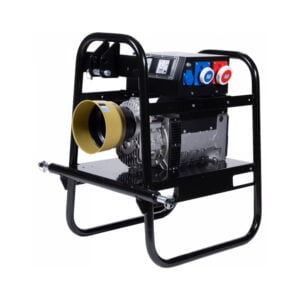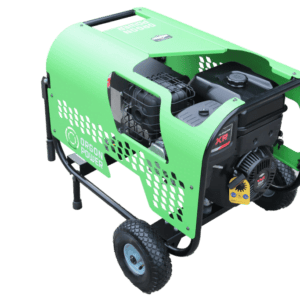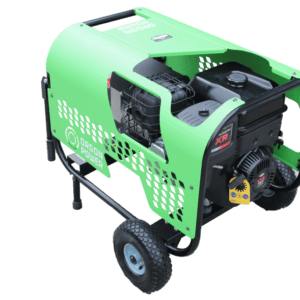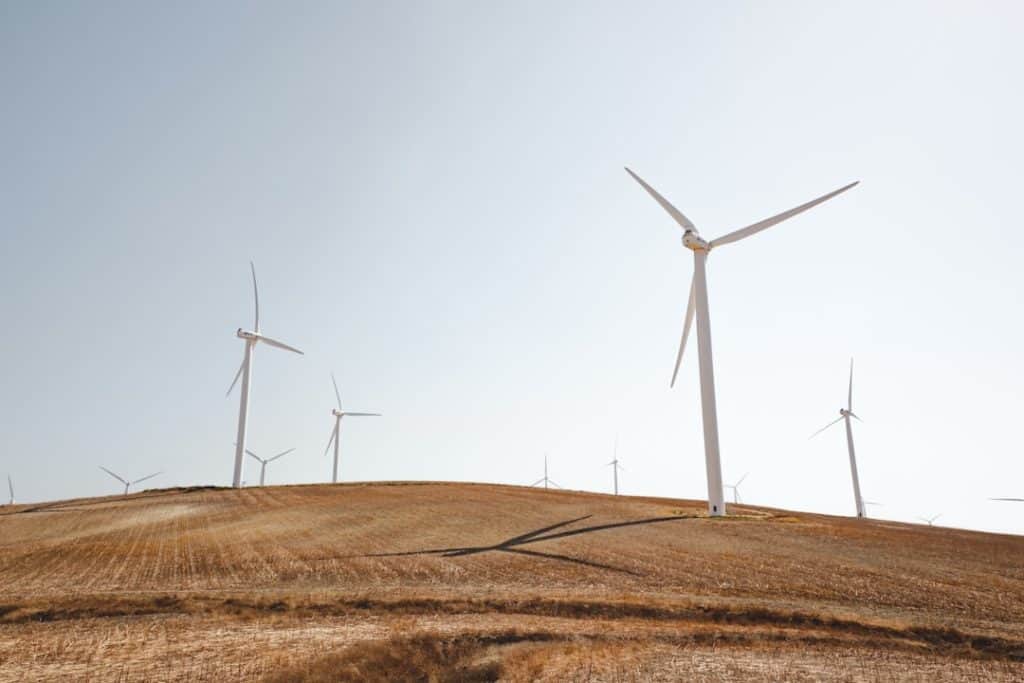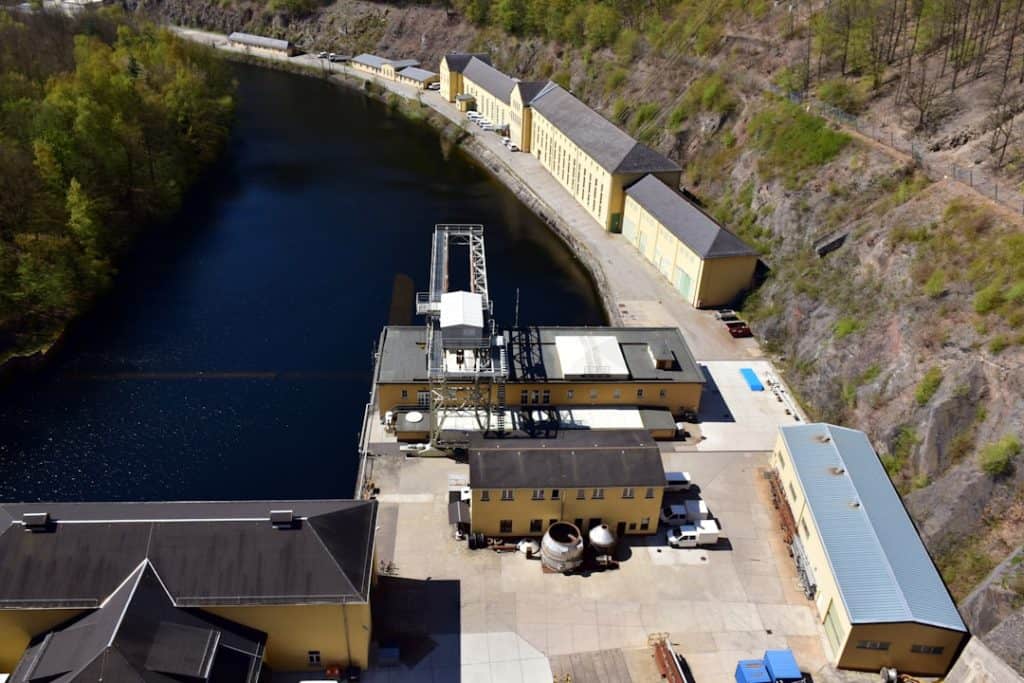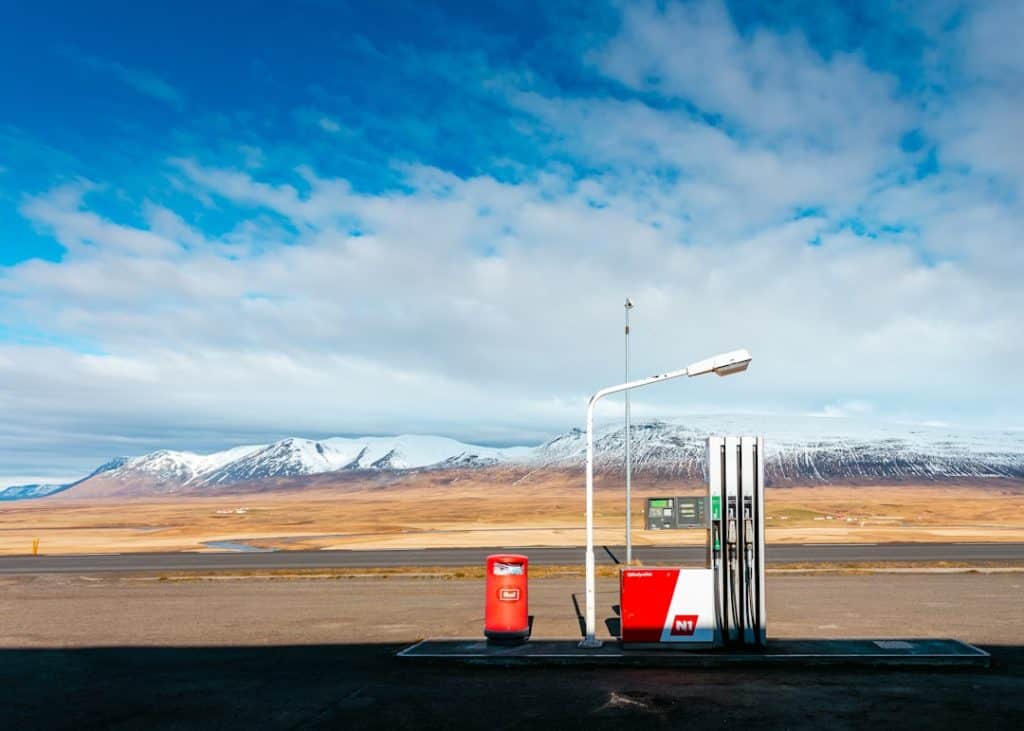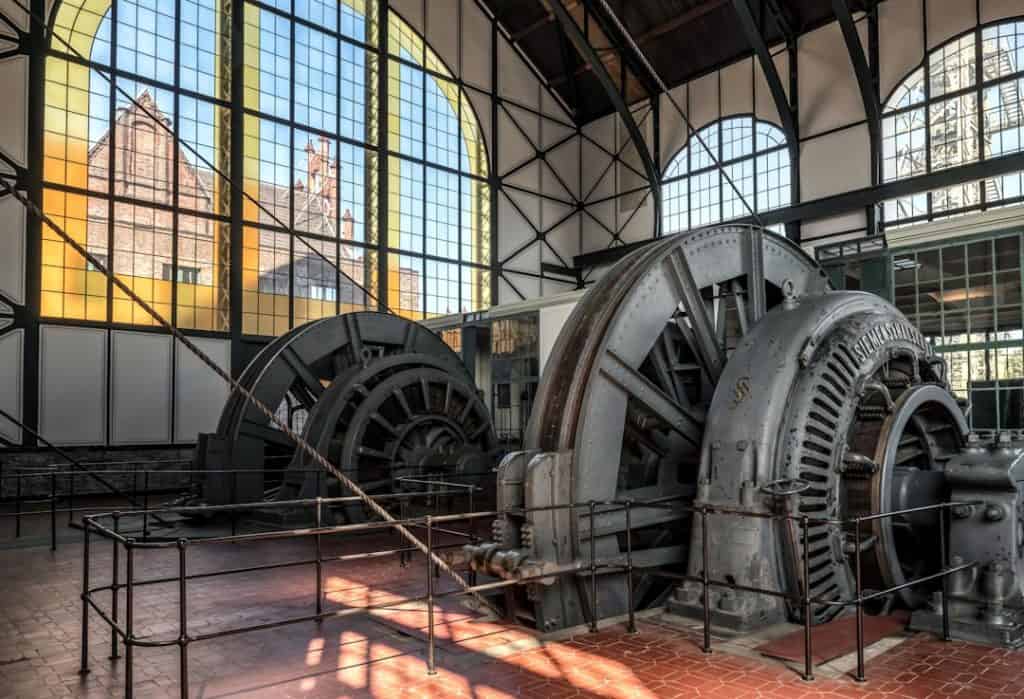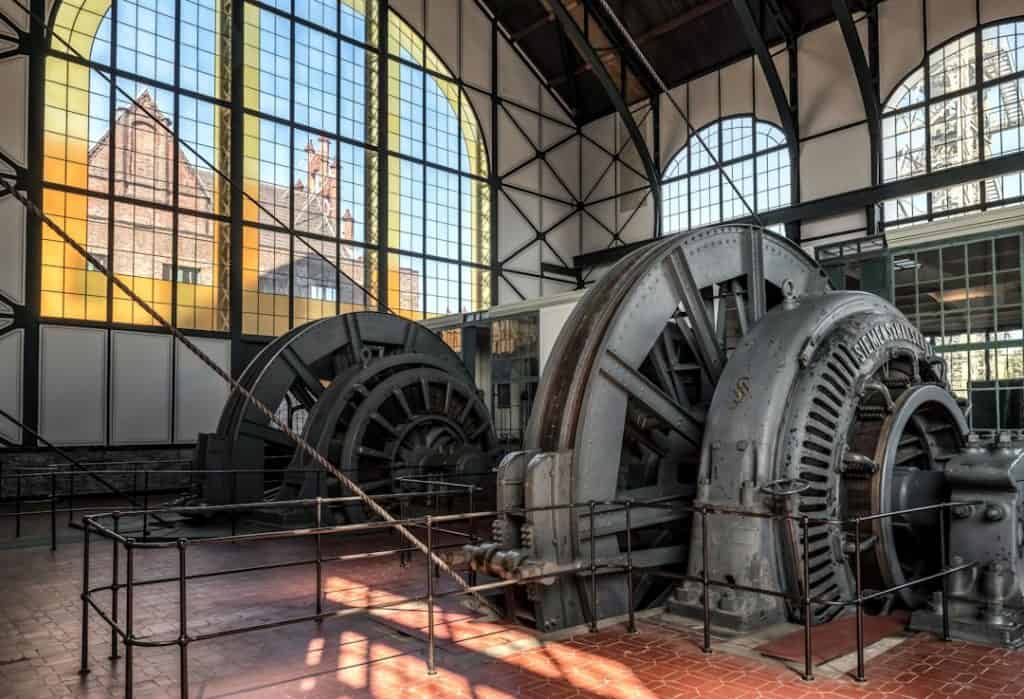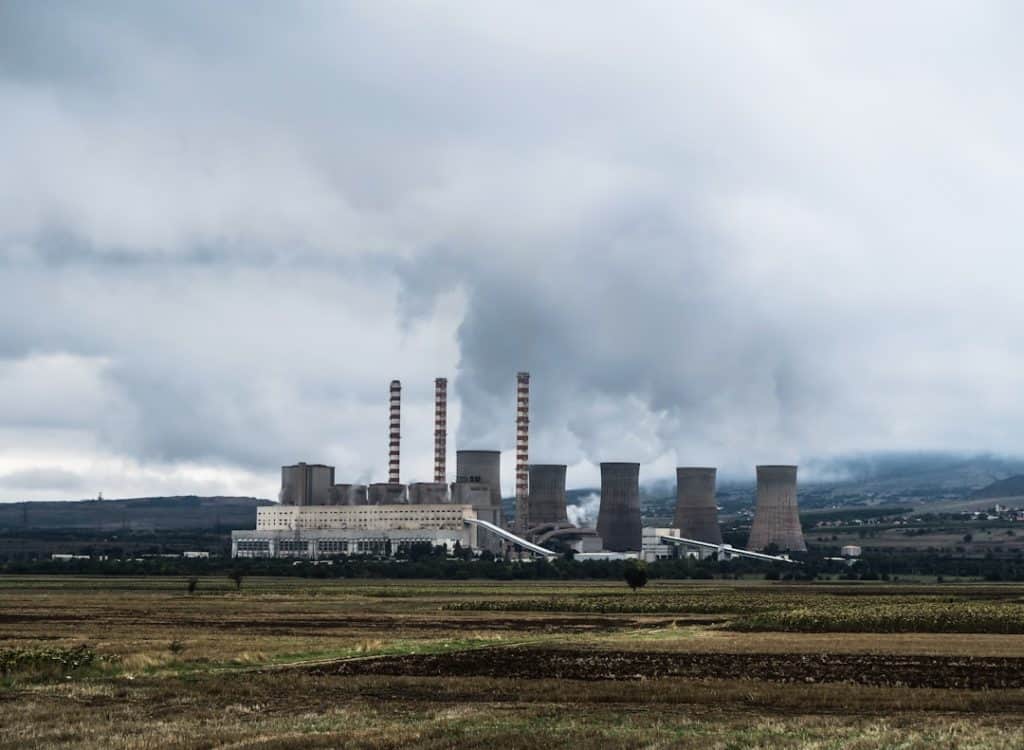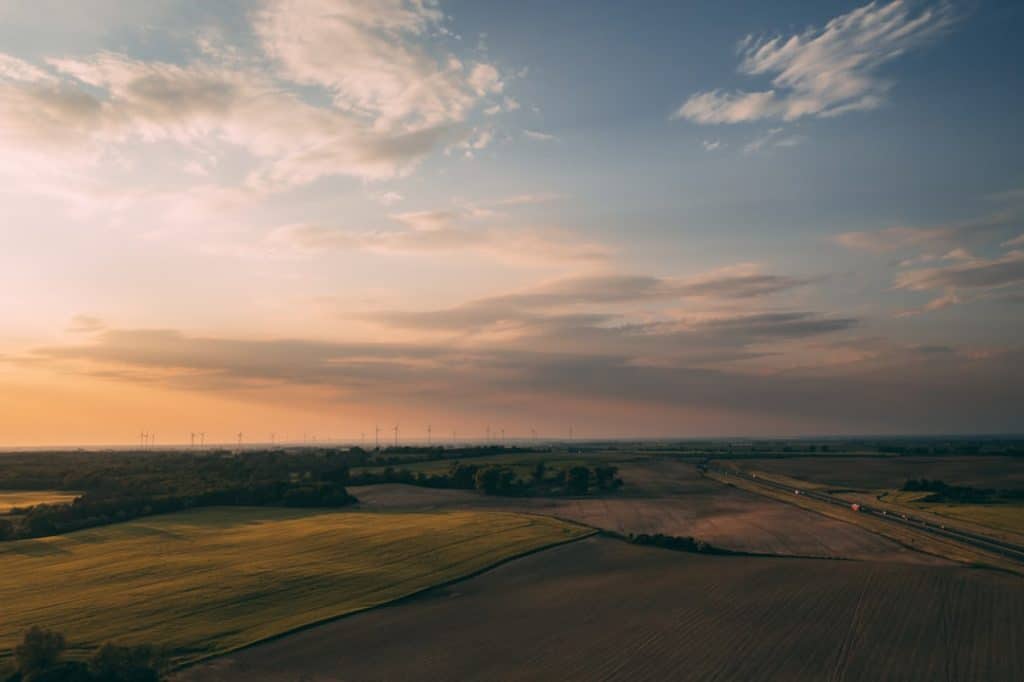The size of the aggregate is a key factor in choosing the appropriate device for specific needs. Aggregates are produced in various sizes, from compact portable models to massive stationary units. Smaller units are characterized by lower weight and greater mobility, which makes them ideal for outdoor activities such as camping.
In contrast, larger aggregates have a higher energy production capacity and are more suitable for industrial applications or powering larger facilities. When choosing the size of the aggregate, it is crucial to precisely determine the required amount of energy. For basic needs such as lighting and charging mobile devices, a smaller aggregate is sufficient.
However, to power power tools or household appliances, a larger model is necessary. It is important to take into account the available space to accommodate the unit, to ensure that the selected model fits the physical limitations of the site. The choice of aggregate size should be based on an objective assessment of energy requirements and spatial possibilities.
Proper analysis of these factors enables the optimal selection of aggregates that will effectively meet the specific needs of users.
Key Takeaways
- Aggregate size can be a key factor in selection, as it affects power and capacity
- The power of the generator is important in determining how much the device can run
- The fuel the generator uses can be an important factor due to availability and cost
- The type of start can be electric or manual, which affects the practicality of use
- The noise level is important for use in urban areas and for the preservation of the environment
- Price and quality are important factors when choosing aggregates
- Additional features may include auto shut-off, low oil switch and other convenient options
Aggregate power
The power of the unit is another key factor when choosing the appropriate model. Power is usually measured in watts or kilowatts, and represents how much energy the generator can produce. Higher power means that the generator can drive more devices or devices with higher power.
When choosing a generator, it is important to consider all the appliances you plan to use in order to determine the required power. Smaller generators usually have less power, which makes them suitable for basic needs such as lighting or charging a phone. Larger generators, on the other hand, can produce enough power to run power tools, air conditioners, or other larger appliances.
It is important to note that more power usually means more fuel consumption, so it is important to find a balance between the required power and efficiency.
Fuel

Fuel is another important factor when choosing a generator. Most units run on gasoline or diesel fuel, although there are also models that use propane or natural gas. When choosing a generator, it is important to consider fuel availability and fuel costs.
Gasoline is usually more readily available and may be more suitable for portable models, while diesel may be more efficient for larger stationary generators. Also, the fuel consumption of the aggregate should be considered. More efficient models will use less fuel, which can result in money savings in the long run.
In addition, some models have the ability to work on multiple types of fuel, which can be useful in case of a lack of a certain type of fuel.
Startup type
| Startup type | Number of users | Average duration |
|---|---|---|
| Automatically | 150 | 25 minutes |
| By hand | 100 | 30 minutes |
The type of generator start can also be an important factor when choosing a model. There are hand-operated generators that require physical effort to start, as well as electric models that start at the push of a button. Manually operated models are usually smaller and lighter, making them suitable for portable models.
Electric models are usually easier to use, especially for people who are unable to physically start the generator. Also, electric models tend to have lower emissions and less noise compared to manual models. When choosing the type of boot, it is important to consider the practicality and needs of the user.
Noise level
The noise level of the generator can be an important factor when choosing a model, especially if you plan to use the generator in an environment where excessive noise could be a problem. Smaller portable models tend to have lower noise levels, making them suitable for camping or other outdoor activities where quietness may be important. Larger stationary models tend to produce more noise due to their higher power and engine size.
However, there are also models that are designed to be quieter, with additional insulation and noise-reducing technologies. When choosing a generator, it is important to consider the noise level to ensure that the selected model is suitable for the environment in which it will be used.
Price and quality

Price and quality are also important factors when choosing aggregates. Cheaper models tend to have less power and may be less reliable compared to more expensive models. However, this does not mean that you have to pay a high price to get a quality aggregate.
It is important to research different brands and models to find the best balance between price and quality. In addition to the price, the manufacturer's warranty and the availability of spare parts should also be taken into account. A quality aggregate should have an adequate warranty that will protect you from unexpected breakdowns or problems with the device.
Also, it is important for the manufacturer to ensure easy availability of spare parts to ensure that the unit will be easy to repair in case of failure.
Additional functions
When choosing a generator, you should also consider additional functions that can be useful in certain situations. For example, some models have the ability to automatically shut off when the fuel level drops to a certain level, which can be useful to prevent engine damage. Also, some models have built-in overload or short-circuit protection, which can help preserve the device.
In addition, some models have additional connections or USB ports that allow charging phones or other devices directly from the unit. These additional features can be useful in situations where you need extra power or when you are unable to use standard electrical outlets. When choosing a generator, it is important to consider all available features in order to find the model that best suits your needs.
FAQs
What is a power generator?
A generator is a device that produces electricity using a motor that drives a generator. These devices are used as a source of electricity in situations where there is no access to the power grid, such as emergency situations, construction, camping or travel.
How does the power generator work?
The power generator works by the engine driving a generator that produces electricity. The engine can be gasoline, diesel or some other drive, and the generator converts the engine's mechanical energy into electrical energy.
What are the advantages of using generators for electricity?
The advantages of using power generators include independence from the power grid, the possibility of using electricity in remote locations, as well as the possibility of emergency power supply in the event of a power outage.
What are the types of generators for electricity?
There are different types of power generators, including portable, inverter, industrial and backup generators. Portable generators are compact and suitable for camping and traveling, while industrial generators are more powerful and suitable for construction and industrial purposes.
How to choose the right generator for electricity?
When choosing a generator for electricity, it is important to take into account the required power, type of fuel, noise, size and mobility of the device. It is also important to consider the need for additional functions such as automatic start or the possibility of parallel operation of several aggregates.

